By Shira Eisenberg, intern & Eric Nemeth, investment associate
Intro
The competition between Google and Microsoft for supremacy in the field of AI is reminiscent of the Cold War era. The intense rivalry has proven to be a catalyst for innovation, as both companies strive to outdo one another. A closer look at recent advancements in the field reveals the extent of this cutting-edge competition.
Microsoft’s initial $1 billion investment in OpenAI in 2019 started the beginning of a partnership between the companies. They have since released products like GPT-3, CODEX, and DALL-E 1 and 2. Microsoft recently increased its investment in OpenAI to $10 billion.

In response to the success of OpenAI's ChatGPT, Google issued a "code red" and brought back its cofounders Larry Page and Sergey Brin. The move was aimed at addressing the potential threat posed by ChatGPT to Google's core business - search. The cofounders are reportedly working on making the search engine better. Soon after, Google made a $300 million investment in OpenAI competitor, Anthropic, founded by the ex-VP of research at OpenAI.The deal likely took Anthropic’s valuation to around $5 billion, with Google owning an estimated 10% of the company. Microsoft, in comparison, owns 49% of OpenAI.
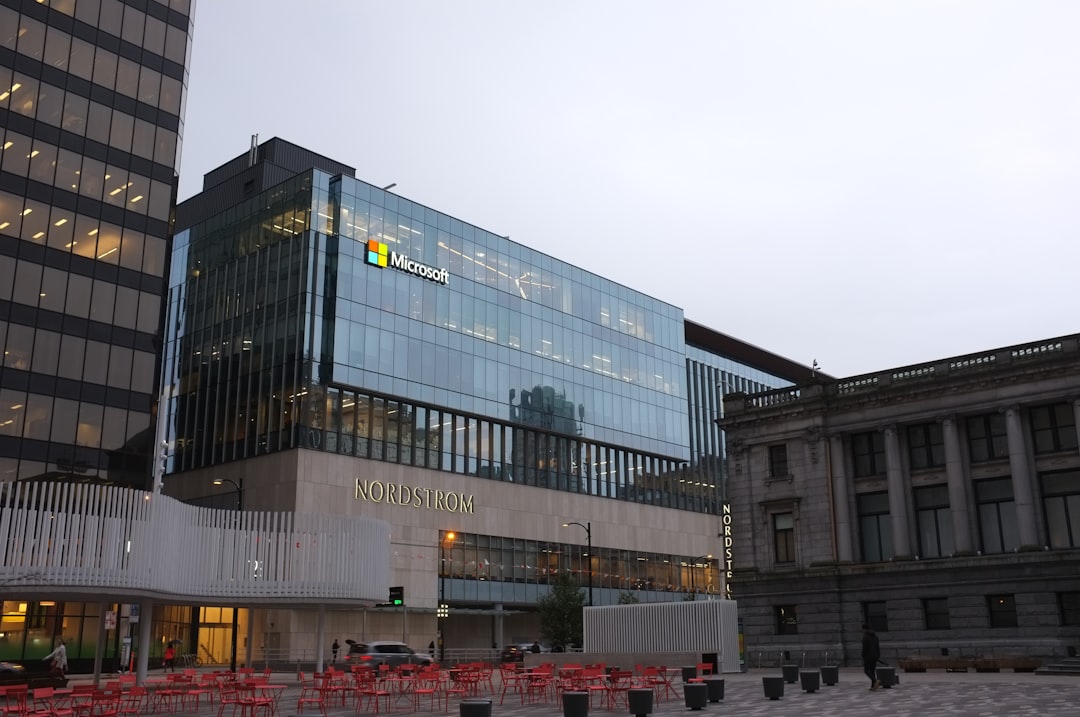
The Microsoft and OpenAI partnership runs deep. Microsoft has already integrated OpenAI’s ChatGPT into Teams and is adding GPT-4 to its search engine Bing and its browser Edge, creating a novel web browsing experience with a ‘copilot for the web’ built in. Whether this will actually take search market share from Google’s priorly superior search engine remains to be seen.
Recently, Andrej Karpathy, former director of AI at Tesla, announced he would be joining OpenAI. Bill Gates is also signing on as an advisor.
Google revealed a ChatGPT competitor called Bard, a conversational AI chatbot built on Google’s Language Model for Dialogue Applications (LaMDA). In addition, the recent Anthropic investment will allow Google to use its language model AI assistant, Claude, for enterprises. DeepMind’s conversational AI, Sparrow, is also being fine-tuned for in-house use.
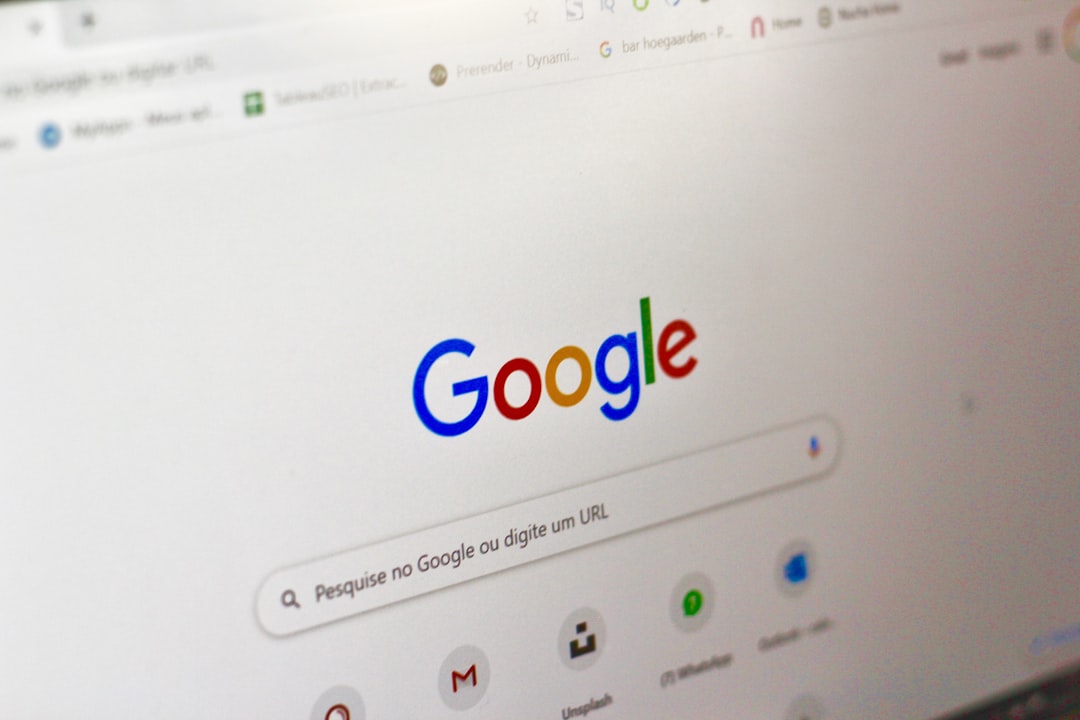
The Battle for Search Dominance
Microsoft’s underdog position allows for more freedom to disrupt the category of search, while Google faces challenges in making changes to its existing search technology without causing significant disruptions to its millions of users and advertisers.. For instance, changing the underlying model for search will have significant implications for advertisements and search engine optimization (SEO).
Addressing the hype of ChatGPT, Google stated that its AI models are on par with OpenAI’s, but due to reputational risk, it is acting more conservatively than a startup.
Microsoft--OpenAI and Google held conflicting events to announce their news on February 8, 2023. Google’s Live from Paris event overlapped exactly with Microsoft and OpenAI’s event to share some progress on a few exciting projects. Microsoft announced this event moments after Bard’s announcement.
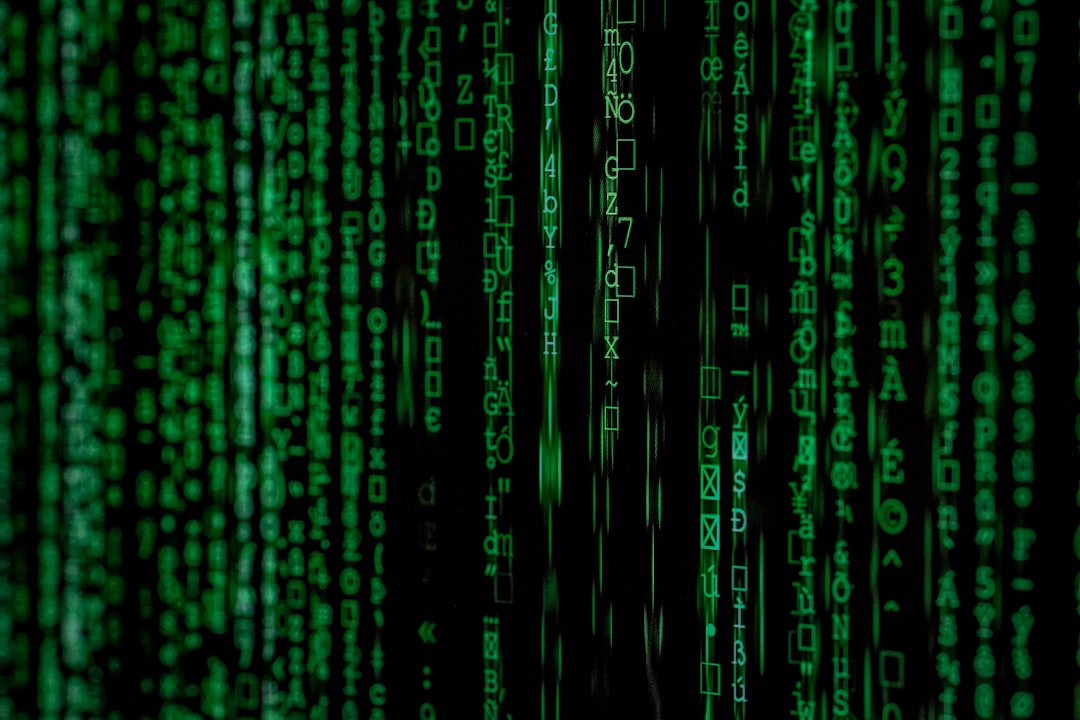
Google’s much-hyped AI assistant Bard has been opened up to a group of trusted testers, with plans to make it available to the public in the coming weeks. Still, it is already being called out for an inaccurate response it produced in a demo at the Live from Paris event. During the demonstration, a user asked Bard about the recent discoveries from the James Webb Space Telescope and received a series of bullet points in response, including the false statement that the telescope captured the first images of a planet outside our solar system. This type of incorrect response, known as a model hallucination, is a common challenge faced by large language models, however it raises questions about why Google chose to include such an error in their demonstration.
Bard’s error highlights a challenge for Google in the race to integrate AI into search and chat technologies. Trying to keep up with what could be a radical change in how people search online, Google now risks its reputation for surfacing reliable information on the internet.
Google has responded by assuring the public that Bard has undergone rigorous testing to ensure its responses meet high standards for “quality, safety, and groundedness.”
Both Microsoft and Google have their strengths and weaknesses, and it remains to be seen who will come out on top. Search, like mobile, might end up with a large enough Total Addressable Market (TAM) for the two companies to both be profitable and valuable to their users.
Trust must underlie the usage of either engine. With LLMs prone to hallucination and spouting incorrect information, increasingly more information users encounter will be based on pre-packaged information users must trust. This highlights the focus of responsible AI. Microsoft has instated guardrails in advance with a Responsible AI Council and an Environmental, Social, and Public Policy Committee.
Google has, once again, expanded its horizons beyond search with new AI updates to Google Maps with an AI technology called NERF. They also recently released a research compendium of their 2022 feats.
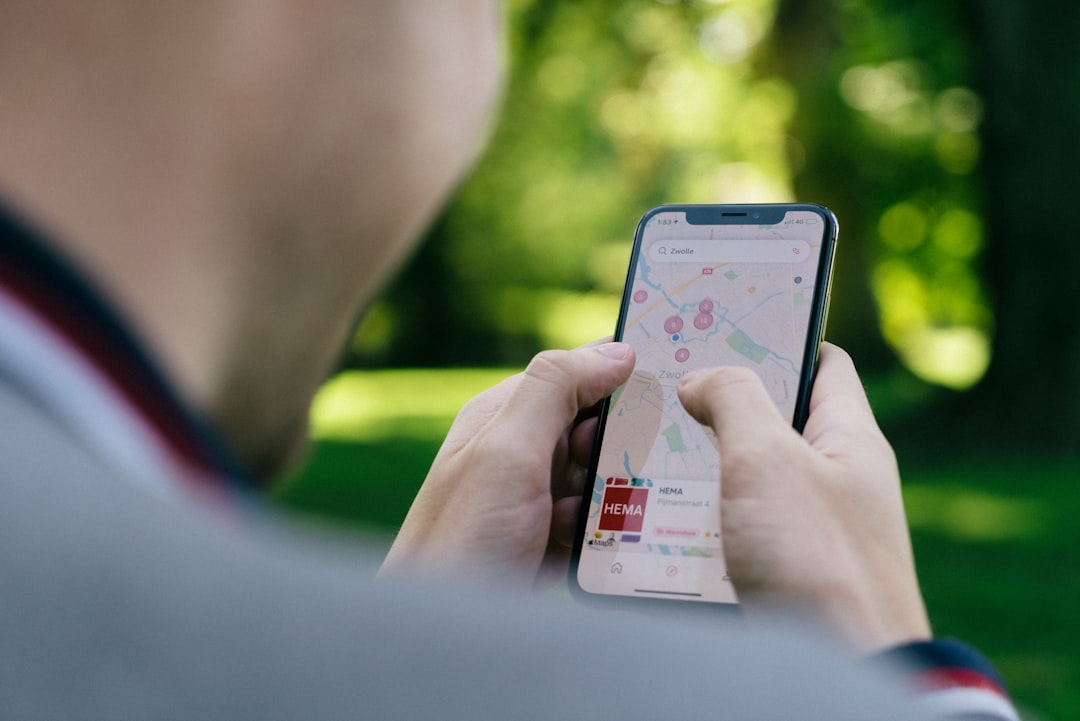
As the race heats up, it has moved beyond building something new and instead is about who can best execute, as their LLMs are pretty much on par with one another. Google is taking a slow and steady approach, protecting its reliability and legacy. Microsoft, however, is far from taking it slow. They are all in.
The stakes are incredibly high in this showdown between the chatbots, making it an intriguing and highly anticipated event to observe.
What does this mean for blockchain?
In the immediate aftermath of Microsoft’s $10 billion investment in OpenAI, many AI-driven and big data tokens gained significant value. This was likely due to speculation about how AI and blockchain might overlap in new products in the future. While speculation in the short-term can induce price volatility in the crypto markets, it doesn’t mean that there is necessarily a connection between OpenAI and these AI-driven blockchain projects that have seen a boost in value.

OpenAI’s ChatGPT saw lots of traction because it was a functional product with broad use cases. Most of the AI tokens in this state are infrastructural solutions that do not have a massive user base, nor do these projects actually involve research and developments into AI such as Microsoft or Google.
However, ChatGPT’s popularity coupled with the valuation of OpenAI reaffirms the important role that AI will play in the future, and as money pours into the development of AI and blockchain technology to make both systems more scalable and applicable, it is highly possible that the usefulness and importance of its intersection will become more clear.
However, in order to reach that future state, there needs to be a shift in the way research is conducted across multidisciplinary fields such as AI and blockchain. In a previous post, investment associate at SGC Eric Nemeth highlighted that the current structure of research can limit progress and lead to delays and safety concerns, and a new approach is needed to unlock the full potential of AI and blockchain.
Concluding Remarks
We are far too early in the current evolution of blockchain and AI for there to be applications that offer a paradigm shifting product which alter both fields. However, in the exploration of combining both fields, we can learn about their deficiencies which can enable this intersection.
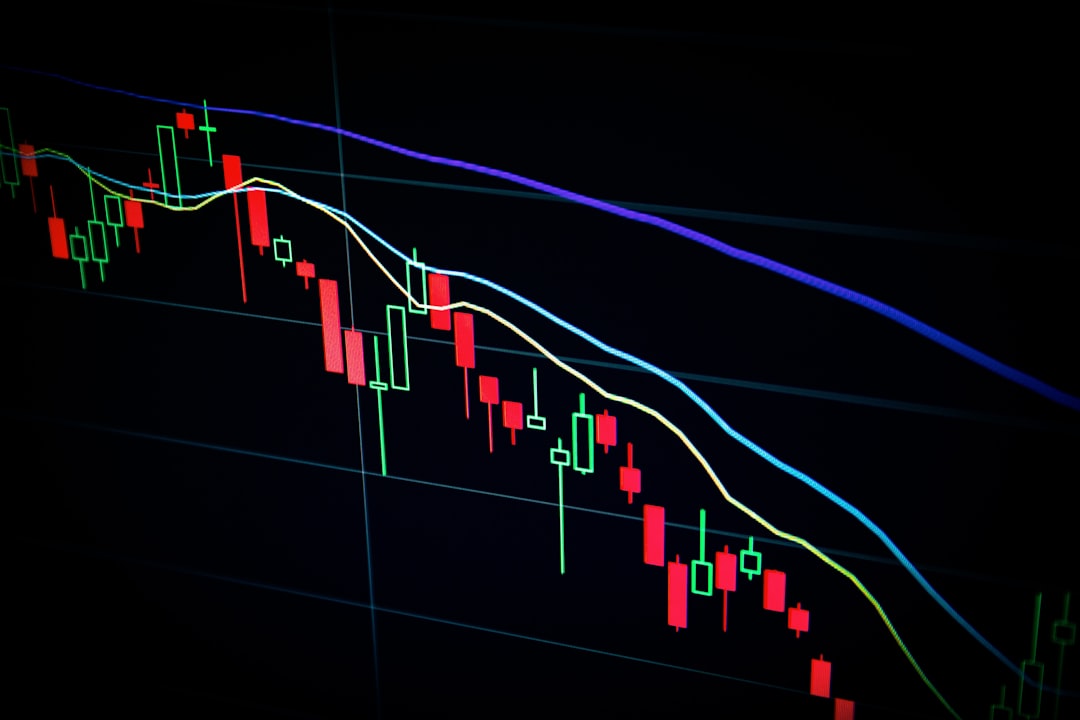
One of the most immediately clear intersections is the governance of intelligence. In order to avoid a singular, monopolistic and biased AI model, researchers in the field of AI seek to develop a decentralized model as a public good. To manage a decentralized and open source AI with clear economic benefits, there needs to be an organizational structure in order to distribute rewards to those who build this model.
The development of new governance frameworks for distributed organizations and consensus is essential for a future where AI and blockchain can work together effectively. Blockchain provides a way to coordinate and monetize organizations in this manner.



